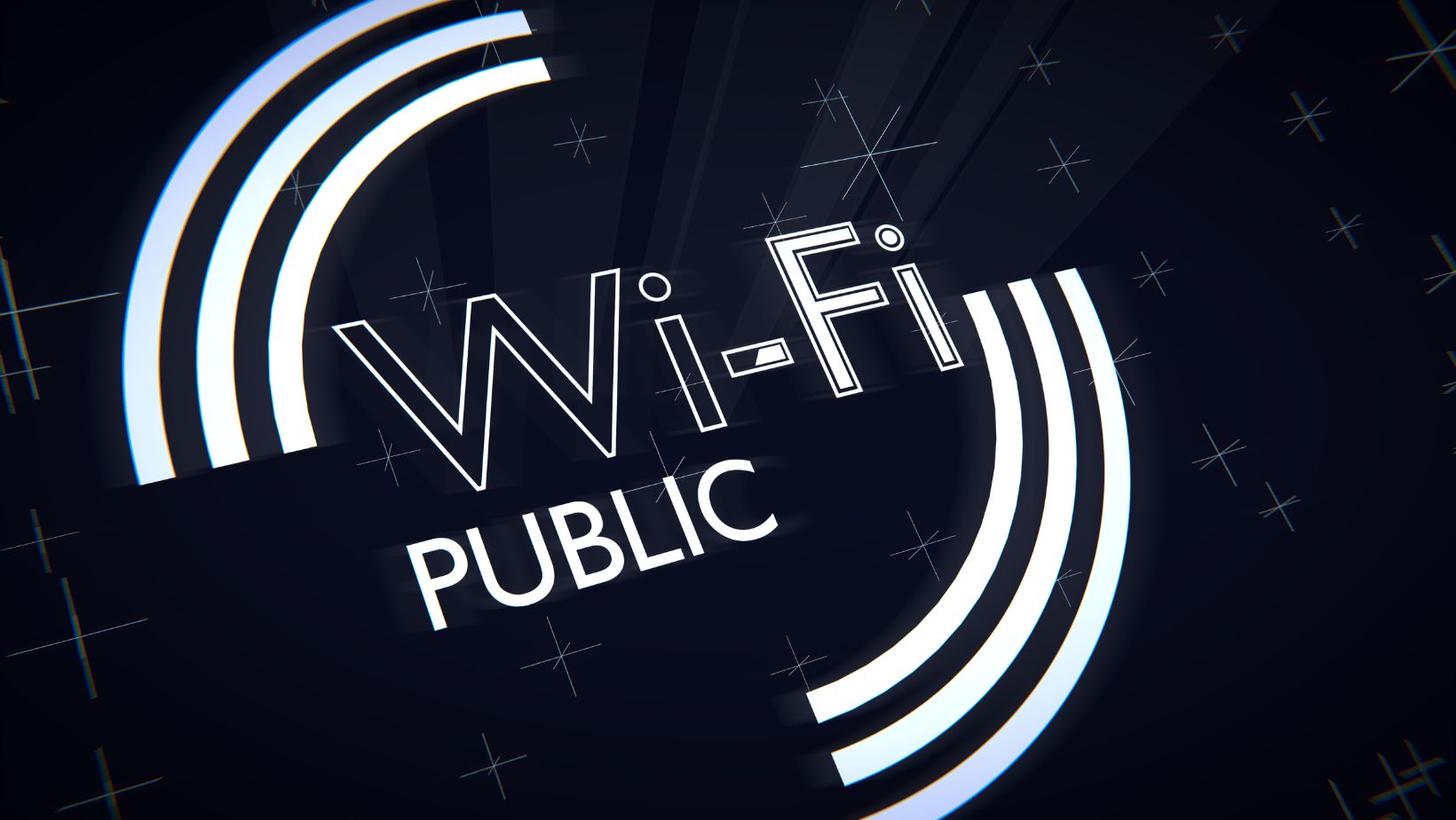Travelers often think about comfort, convenience, and speed when booking a hotel. Free Wi-Fi usually comes as part of that package. But here’s the catch: hotel networks are not the fortresses you imagine them to be. Hackers know that people connect without thinking, and they exploit this habit. The question many ask: does a VPN protect you from hackers in such places? The answer isn’t just “yes” or “no”—it requires a deeper look at how these tools work and where they might fall short.
The Need for Cybersecurity in Hotels
Hotels don’t just attract tourists; they attract cybercriminals too. Why? Because a shared, public Wi-Fi environment creates a playground for malicious actors. According to a 2023 cybersecurity report, nearly 65% of travelers admitted they connected to hotel Wi-Fi without extra protection. That’s a huge number, and hackers love it.
A strong layer of defense becomes necessary. Traditional antivirus isn’t enough. Firewalls can help, but they don’t always stop data interception on open networks. This is why technologies like VPNs are gaining popularity worldwide. For those who travel frequently, choosing a reliable service matters.
Advice! Choose a VPN service with a large number of VPN servers in different countries of the world. But it is important that there are enough reliable VPNs in your country. For example, you went on vacation to Europe, but you can’t watch your favorite series on Netflix or you may even face a blocking of your bank account due to suspicious access. With a reliable VPN in the USA you would not face these problems. Moreover, it will prevent data leakage: electronic cards, confidential information, passwords, etc.
How Does a VPN Protect You from Hackers?
Imagine your data as postcards. Normally, when you send one, anyone who picks it up can read the message. That’s what happens when you use hotel Wi-Fi without protection. Now imagine placing each postcard inside a locked box before mailing it. That box is the VPN tunnel.
Here’s what happens in simple steps:
- Encryption – Your traffic is scrambled into unreadable code. Even if intercepted, it looks like nonsense.
- IP Masking – Hackers can’t see your real location. Instead, they only see the VPN server’s address.
- Secure Tunneling – Your data travels through a private, encrypted channel. This makes man-in-the-middle attacks far harder.
So, to the question how does a VPN protect you from hackers? The main defense lies in encryption and concealment. They can still see you’re online, but not what you’re doing.
Does Having a VPN Protect You from Hackers Completely?
Here comes the tricky part. Yes, VPNs provide protection. But they are not magic shields. If a hacker already compromised your device with malware before you connected, the VPN won’t erase that infection. If you log into fake phishing sites, no VPN can rescue you from giving away your password willingly.
Therefore, does having a VPN protect you from hackers? It protects you from many attack vectors, but not from all. Think of it as wearing a bulletproof vest—it reduces risks dramatically, yet doesn’t make you invincible.
Hotel Wi-Fi Risks Without VPN
Let’s consider a real scenario. A business traveler connects to “HotelGuestFree” Wi-Fi. Unfortunately, the network is actually a fake hotspot created by a hacker sitting in the lobby. This is called an “Evil Twin Attack.” Without VPN, everything typed—emails, logins, banking details—flows directly into the attacker’s system.

With VPN? The hacker still sees traffic, but all of it is encrypted gibberish. This difference could mean losing thousands of dollars or staying safe.
It’s not just theft, either. Hackers sometimes inject malicious ads, spread malware, or redirect your connection to dangerous websites. Public networks without encryption are highways filled with traps.
Does VPN Protect from Hackers in Every Situation?
Let’s be clear: VPNs drastically lower your exposure. But nothing in cybersecurity is 100% foolproof. Consider these limitations:
- Physical device theft – If someone steals your laptop, the VPN won’t stop them from accessing unencrypted files.
- Weak passwords – If your hotel account or email uses “123456,” VPN encryption won’t help you.
- Phishing – Clicking a fake link works against you, VPN or not.
So when people ask, does VPN protect from hackers in hotels, the honest answer is: it reduces risk by a large margin, but you must combine it with smart habits.
Practical Safety Tips Beyond VPN
- Turn off auto-connect – Don’t let your phone or laptop join unknown Wi-Fi automatically.
- Update your system – Patches close doors hackers use.
- Enable two-factor authentication – Even stolen credentials won’t be enough.
- Use HTTPS websites – Adds another encryption layer.
- Avoid sensitive tasks – If possible, don’t do online banking over hotel Wi-Fi at all.
VPN is a must, but it works best when combined with these precautions.
Final Thoughts
So, does a VPN protect you from hackers when using public hotel networks? Yes, it offers a significant shield by encrypting your data and masking your identity. Does it eliminate every possible threat? No, but it makes you a much harder target. Hackers usually look for easy prey; by using a VPN, you’re signaling that you’re not one.

Public Wi-Fi is convenient, but convenience without protection often leads to regret. Travelers should not see VPNs as optional—they are as essential as locking your hotel room door. After all, just because a network is offered by a hotel doesn’t mean it’s safe. Security is a responsibility you carry with you, wherever you connect.



